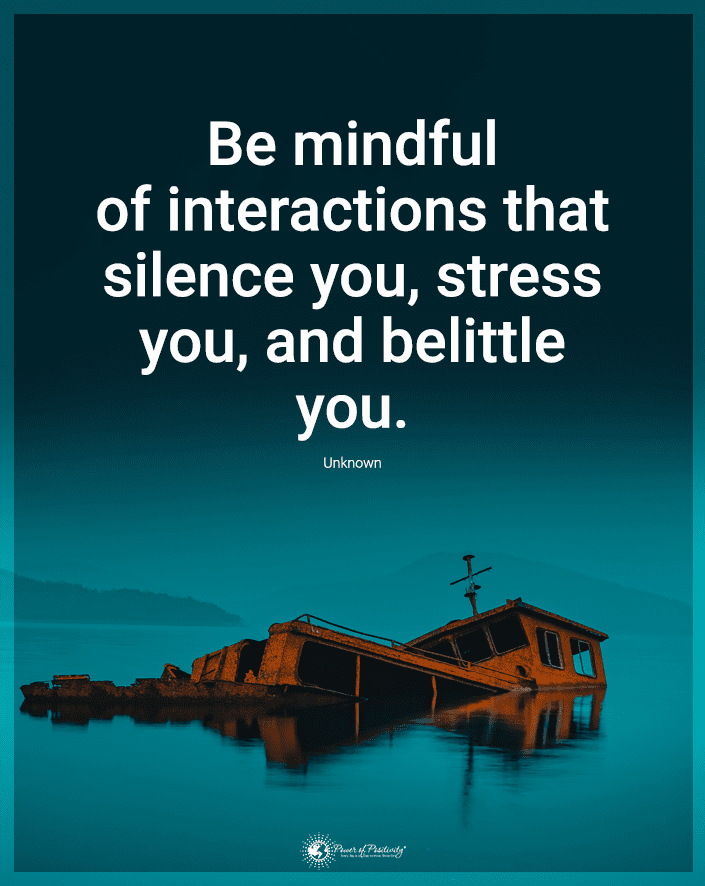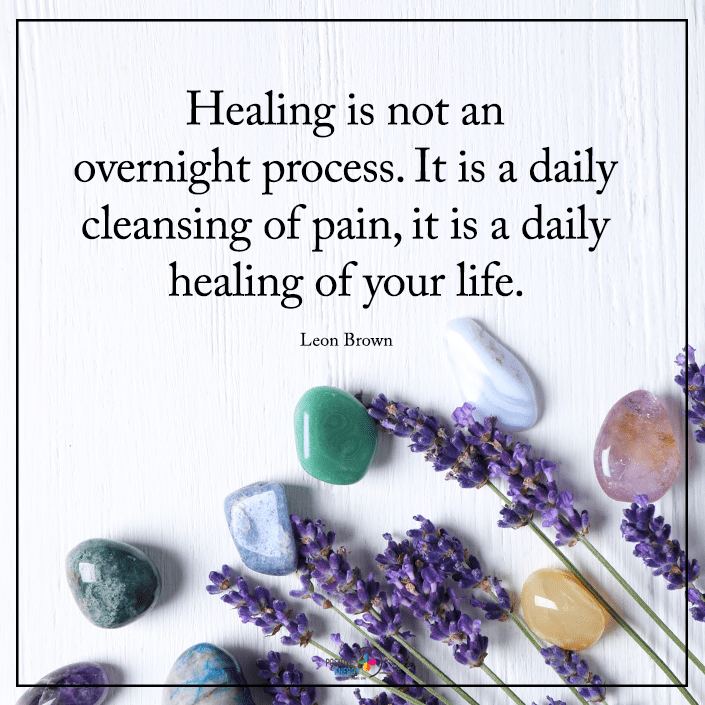Bipolar 1 disorder, or manic-depressive illness, is a severe mental health condition. It affects a person’s mood, energy, activity levels, and ability to function in daily life. The disorder is characterized by alternating episodes of mania and depression, varying in severity and duration. During a manic episode, a person may feel extremely happy, euphoric, or irritable.
You can have an inflated sense of self-esteem, engage in impulsive behaviors, and experience a decreased need for sleep. During a depressive episode, people may feel sad and hopeless and lack energy or interest in activities they once enjoyed. Bipolar 1 disorder affects approximately 1% of the population worldwide and can significantly impact a person’s life, relationships, and career. However, with early diagnosis and proper treatment, people with bipolar 1 disorder can begin improving their quality of life, lead fulfilling lives and manage their symptoms effectively.
That is why it’s crucial to recognize the symptoms of bipolar 1 disorder. It’s vital to seek professional help if you or a loved one experience them. By knowing the signs of bipolar 1 disorder, you can seek early diagnosis and treatment, improving your quality of life. This article will explore the signs and symptoms of bipolar 1 disorder. We will also discuss how early diagnosis and treatment can help manage the condition.
Manic Episode Symptoms of Bipolar 1
One of the hallmark symptoms of bipolar 1 disorder is a manic episode. A manic episode of bipolar 1 disorder lasts at least one week (or less if hospitalization is necessary). People with bipolar 1 disorder may feel intense energy during a manic episode. This can lead to increased activity levels. They may engage in multiple activities at once, often without completing them. They may find it challenging to sit still or relax. During a manic episode, individuals may experience a heightened sense of happiness or euphoria.
They may feel like they are on top of the world and that nothing can bring them down. They may be excessively optimistic and have a grandiose sense of self-importance. Also, they often exhibit behaviors such as rapid or racing thoughts, rapid speech, and impulsivity. These thoughts may be challenging to keep up with. They may jump from one topic to another without warning. Individuals may also speak very rapidly and have difficulty controlling the speed or direction of their speech. This can lead to difficulty in communication and a lack of coherence in their speech.
Manic episodes in bipolar 1 disorder can be intense and disruptive. Mania causes a wide range of problems in a person’s life. These issues include difficulty functioning at work or in social situations, strained relationships, and risky behavior. Individuals experiencing manic episodes may feel invincible or believe they can accomplish anything. As such, they’ll engage in impulsive and often dangerous behavior. The euphoria and high energy levels of a manic episode can also lead to a lack of sleep. This can further exacerbate symptoms and make it difficult for the person to function. Therefore, it is crucial to recognize the signs of a manic episode.
Depressive Episode Symptoms
In bipolar disorder, depressive episodes are periods when individuals experience symptoms of depression. Depressive episodes in bipolar disorder are like those in major depressive disorder. These episodes can last several weeks or longer and are characterized by extreme sadness. Individuals with bipolar disorder may experience intense sadness, hopelessness, or worthlessness. They may feel hopeless about the future and have negative thoughts about themselves, their abilities, or their accomplishments. During a depressive episode, individuals may lose interest in activities they usually enjoy. They may lack the motivation or energy to participate in social activities or hobbies they once found fulfilling. People with bipolar disorder may experience changes in their appetite and sleep patterns during a depressive episode. They may eat more or less than usual and have trouble falling asleep or staying asleep.
These changes can lead to weight gain or loss and exacerbate other symptoms of depression. Individuals in depressive episodes may feel very tired or lack energy. They may struggle to complete once-easy tasks. They may have difficulty concentrating or focusing on work or school assignments. In severe cases, individuals with bipolar disorder may experience suicidal thoughts during a depressive episode. It’s essential to seek professional help immediately if you or someone you know is experiencing suicidal thoughts or tendencies.
Mixed Episode Symptoms
A mixed episode in bipolar disorder is when an individual experiences mania/hypomania and depression simultaneously or rapidly. It’s a severe form of bipolar disorder where the person experiences symptoms of manic and depressive episodes simultaneously. This means a person can simultaneously feel high and low or rapidly switch between the two moods. Mixed episodes are more common in bipolar disorder type 1 but can also occur in bipolar disorder type 2.
Having symptoms of both mania and depression present simultaneously is a real struggle. Individuals in mixed episodes may experience rapid mood swings. They go from feeling very high and manic to feeling very low and depressed quickly. This can be confusing and overwhelming for the individual and those around them.
People in a mixed episode may feel agitated, irritable, or restless. They may have trouble sleeping or may experience racing thoughts and speech. During a mixed episode, individuals may be more impulsive than usual. They usually engage in dangerous behaviors such as excessive spending, substance abuse, or unsafe intimacy. They may have an increase in energy and activity levels. But this energy may be directed toward negative behaviors such as agitation, irritability, or impulsivity.
Other Symptoms of Bipolar 1 Disorder
Besides the common symptoms that appear during episodes, people may experience various other symptoms. In some cases, people with bipolar 1 disorder may experience psychotic symptoms such as hallucinations and delusions. Delusions are false beliefs that a person holds firmly, even in the face of evidence to the contrary. For example, a person with bipolar 1 disorder may believe they are a celebrity or have superhuman abilities.
These delusions can be grandiose, persecutory, or referential. Hallucinations are sensory experiences that seem real but are not occurring. For example, a person with bipolar 1 disorder may hear voices that aren’t there or see things that others cannot see. These hallucinations can be auditory, visual, or tactile.
Grandiosity is a common symptom of bipolar 1 disorder during a manic episode. It refers to an exaggerated sense of self-importance or inflated self-esteem. An individual may believe they have special powers, abilities, or talents. This belief can be so strong that the person may act recklessly or even dangerously. For example, people with bipolar 1 disorder may believe they are invincible, leading them to engage in risky behaviors. They may also believe they can accomplish great things, leading them to take on multiple projects simultaneously. This leads them to work long hours without rest.
While feelings of grandiosity may initially feel upbeat or euphoric, they can quickly become problematic and may interfere with daily functioning. Grandiosity can cause individuals to disregard the consequences of their actions. As such, they may lead to losing relationships, jobs, or financial stability. Additionally, there are other symptoms to be aware of, like changes in sleep patterns and engaging in immoral behaviors.
Importance of Seeking Professional Help
Seeking professional help is crucial for individuals with bipolar 1 disorder. A proper diagnosis from a mental health professional is necessary to develop an effective treatment plan. It’s the only way to manage the symptoms of the disorder. Bipolar 1 disorder is a complex condition. It requires specialized treatment from mental health professionals, such as psychiatrists, psychologists, or licensed therapists. These professionals can provide a comprehensive evaluation to diagnose the disorder. Plus, they can develop an individualized treatment plan tailored to the individual’s specific needs.
Treating bipolar 1 disorder often involves a combination of medication and therapy. Medications, such as mood stabilizers and antipsychotics, can help to manage symptoms of both mania and depression. Therapy, such as cognitive-behavioral therapy (CBT) or interpersonal therapy (IPT), can help individuals learn coping skills to manage their symptoms. This can help them improve their overall quality of life.
But not everyone has access to medicine. And even if you do, lifestyle changes can help just as much. Maintaining a regular sleep schedule is particularly important, as sleep disturbances can trigger manic or depressive episodes. This means aiming for the same bedtime and wake-up time daily, avoiding naps, and creating a calming bedtime routine. Exercise can also help manage bipolar 1 disorder. Regular physical activity can improve mood, reduce stress, and help regulate sleep patterns.
Even a short walk or gentle yoga session can be beneficial. Stress reduction techniques, such as meditation or yoga, can help. These techniques can be helpful during high stress, which often triggers episodes. It’s also essential for individuals with bipolar 1 disorder to avoid drugs and alcohol. This is because these substances can interfere with the effectiveness of medication and trigger episodes of mania or depression.
Final Thoughts on Recognizing the Signs of Bipolar 1
It’s essential never to ignore the signs of bipolar 1 disorder. Early intervention can improve treatment outcomes and quality of life. Some key signs to look out for include manic episodes characterized by increased energy and activity or excessive happiness or euphoria. Racing thoughts and speech are also signs of a manic episode. Depressive episodes are characterized by sadness, loss of interest in activities, and changes in appetite and sleep patterns.
Other symptoms of bipolar 1 disorder may include psychotic symptoms, grandiosity, and reckless behavior. If you or someone you know is experiencing symptoms of bipolar 1 disorder, it’s essential to seek professional help. Bipolar 1 disorder is a treatable condition. Early intervention can make a significant difference in managing symptoms and preventing future episodes. Overall, mental health awareness is crucial in recognizing the signs of bipolar 1 disorder and seeking appropriate help. By understanding the symptoms, individuals with bipolar 1 disorder can receive appropriate treatment and improve their quality of life.

















 Community
Community

